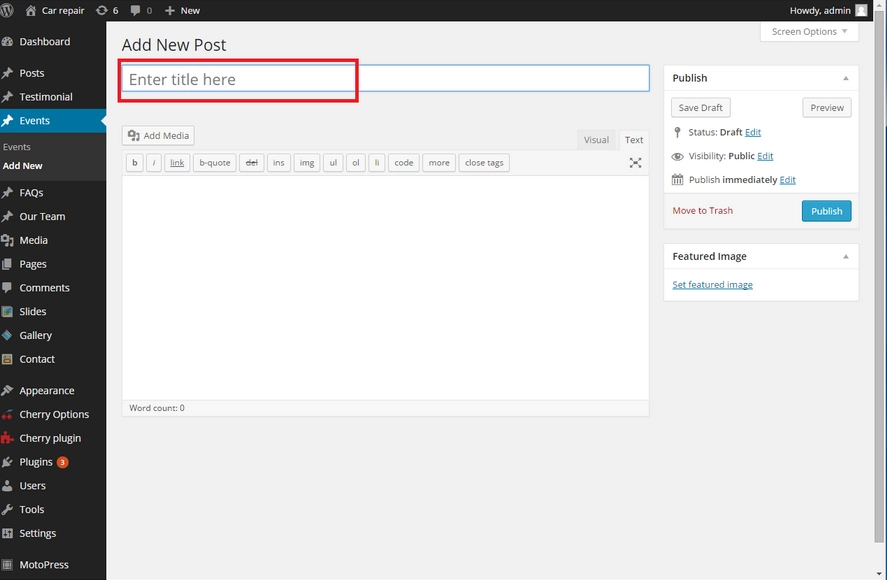Table of Contents
Fuel price adjustments are a crucial component in the profitability strategy of gas station businesses. Navigating the intricacies of fuel pricing is essential for owners seeking to optimize profits and remain competitive. Let’s delve into the key aspects of this strategy.
How Do Fuel Price Adjustments Impact Gas Station Business Profits?
The impact of fuel price adjustments on gas station business profits is profound. Strategically adjusting prices in response to market fluctuations directly influences consumer behavior and, consequently, the overall financial health of the gas station. This mastery of timely and effective adjustments allows owners to optimize profits.
Are Dynamic Fuel Pricing Strategies Essential for Gas Station Profitability?
Embracing dynamic fuel pricing strategies is paramount for ensuring the profitability of gas stations. Flexibility in adjusting fuel prices allows owners to respond promptly to changing market conditions, ensuring they remain competitive while maximizing profit potential. This adaptability is crucial in an industry where pricing dynamics can shift rapidly.
What Factors Influence Effective Fuel Price Adjustments for Gas Stations?
Effective fuel price adjustments hinge on various factors, including global oil prices, regional market trends, and local competition. Gas station owners must stay informed about these factors to decide when and how to adjust fuel prices for optimal profitability.
Can Gas Station Owners Use Fuel Price Flexibility to Maximize Profits?
Certainly, fuel price flexibility empowers gas station owners to navigate the delicate balance between attracting customers and maximizing profits. Gas station owners can optimize their revenue streams without compromising customer loyalty by strategically adjusting prices based on market conditions and consumer behavior.
Is Timing Crucial When Implementing Fuel Price Adjustments in Gas Station Businesses?
Timing is undeniably crucial when implementing fuel price adjustments in gas station businesses. Responding to market shifts and adjusting prices strategically can significantly impact customer perception and loyalty. Timely adjustments allow gas station owners to stay ahead of the curve and maintain a competitive edge.
How Do Local Market Trends Affect the Success of Fuel Price Adjustments?
Local market trends play a significant role in the success of fuel price adjustments. Understanding the preferences and behaviors of the local consumer base is essential for tailoring pricing strategies. Gas station owners must conduct thorough market research to align their pricing adjustments with the demands of their specific customer demographic.
What Role Does Consumer Behavior Play in Gas Station Business Profitability Amid Fuel Price Adjustments?
Consumer behavior holds a central role in the profitability of gas stations during fuel price adjustments. Gas station owners must anticipate how consumers react to price fluctuations and adjust their strategies accordingly. Analyzing consumer behavior provides valuable insights for crafting effective pricing models that align with customer expectations.
Are Data Analytics Tools Valuable for Predicting Optimal Fuel Price Adjustments in Gas Stations?
Indeed, data analytics tools are invaluable for predicting optimal fuel price adjustments in gas stations. Leveraging advanced analytics allows gas station owners to analyze historical data, market trends, and consumer behavior patterns. This data-driven approach enhances the precision of pricing decisions, ultimately improving profitability.
How Can Gas Station Businesses Strike a Balance Between Competitive Pricing and Profit Margins?
Striking a balance between competitive pricing and profit margins is a delicate yet essential task for gas station businesses. While competitive pricing attracts customers, maintaining healthy profit margins is crucial for sustaining business operations and growth. Achieving this equilibrium requires a nuanced understanding of market dynamics and strategic pricing decisions.
What Customer Communication Strategies Enhance Profitability During Fuel Price Adjustments?
Effective customer communication strategies are vital for enhancing profitability during fuel price adjustments. Transparent communication about the reasons behind price changes, promotions, or loyalty programs can foster customer understanding and loyalty. Clear signage and online communication platforms are effective tools for keeping customers informed.
Are Loyalty Programs Effective in Offsetting Negative Customer Reactions to Fuel Price Adjustments?
Certainly, loyalty programs serve as effective tools in offsetting negative customer reactions to fuel price adjustments. By offering rewards, discounts, or exclusive perks, gas station owners can maintain customer loyalty even during periods of price fluctuation. Loyalty programs create a positive customer experience and encourage repeat business.
How Does Regional Competition Impact the Success of Fuel Price Adjustments in Gas Station Businesses?
Regional competition significantly impacts the success of fuel price adjustments in gas station businesses. Awareness of competitors’ pricing strategies and market positioning is crucial for making informed pricing decisions. Gas station owners must analyze the competitive landscape to ensure their pricing remains attractive without sacrificing profitability.
What Innovations in Technology Can Assist Gas Stations in Dynamic Fuel Price Management?
Innovations in technology play a vital role in dynamic fuel price management. Advanced fuel management systems, real-time data analytics, and automated pricing tools empower gas station owners to streamline the adjustment process. Embracing these technological innovations enhances efficiency and accuracy in fuel price management.
Are There Regulatory Considerations Gas Station Owners Should Account for During Fuel Price Adjustments?
Certainly, gas station owners must account for regulatory considerations during fuel price adjustments. Compliance with local and national regulations is essential to avoid legal complications. Understanding taxation policies, environmental regulations, and other industry-specific rules ensures that pricing adjustments align with legal requirements.
In What Ways Can Gas Station Businesses Differentiate Themselves Through Unique Fuel Pricing Models?
Gas station businesses can differentiate themselves through unique fuel pricing models. Whether tiered loyalty pricing, bundled services, or eco-friendly initiatives, innovative pricing models set gas stations apart. Creative approaches to pricing contribute to a distinctive brand identity and can attract a loyal customer base.
What Long-Term Effects Do Sustainable and Ethical Fuel Price Adjustments Have on Gas Station Business Profits?
Implementing sustainable and ethical fuel price adjustments can positively affect gas station business profits. A commitment to fair pricing practices and environmental responsibility enhances the brand’s reputation, fostering customer trust and loyalty. Sustainable practices contribute to the overall success and resilience of gas station businesses.
In conclusion, mastering the art of fuel price adjustments is integral to the sustained profitability of gas station businesses. By considering market dynamics consumer behavior, and leveraging technological innovations, gas station owners can navigate the complexities of fuel pricing, optimizing profits while maintaining a competitive edge. The key lies in a strategic and data-driven approach to fuel price management. For more insights into maximizing your gas station business profits, explore our blog for additional resources.













Leave a Reply